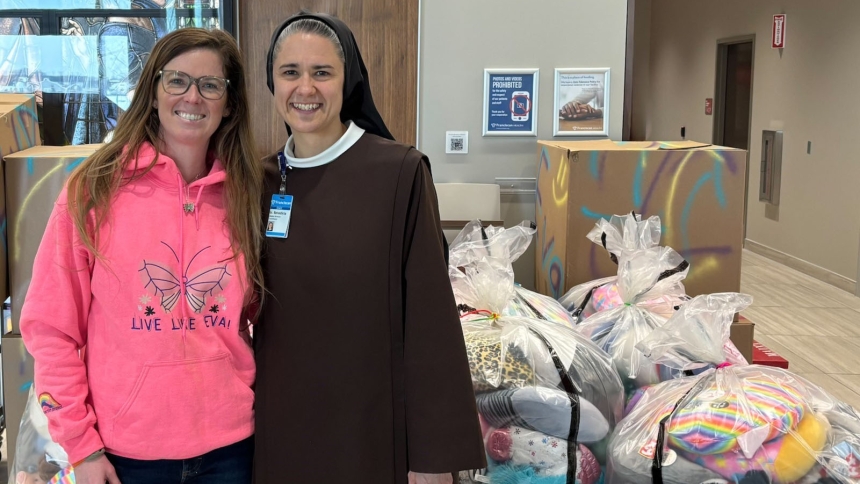
It may have been a discarded cigarette thrown into a rag bin.
No matter how it started, the Triangle Shirtwaist Factory fire in New York City in 1911 took only 18 shocking minutes but changed history.
The factory employed mostly young immigrant women, who labored long hours in a sweatshop for poverty-level wages. When the fire broke out, panic ensued. The only working elevator could transport only a small number of the 600 workers; the fire escape was so narrow that it would have taken hours to evacuate everyone.
Women discovered that doors were either locked or opened from the wrong direction. A 6-foot-high pile of bodies was later found jammed against one of the locked doors. The employer had refused to install sprinklers. Buckets for water, meant for emergency, were bone dry.
When the smoke cleared, 146 people had died largely preventable deaths. It was the worst industrial accident in New York City up to the time.
The late 19th century had given birth to the age of the Robber Barons. It was a time of unbridled and often unscrupulous capitalism, coupled with enormous greed. The Industrial Age had spawned unimaginable wealth for a few - steel, the railroads, the financial markets, industry of all kinds -- and it took time and tragedy for the conscience - and the laws - of America to catch up.
In the wake of the Triangle fire, labor s began to grow strong. Eventually, workplace safety regulations were passed, sweatshops were closed and minimum wage standards were set. Employment of child labor was halted.
It took government action, and time. Even today, s have a tough time establishing themselves, and the COVID-19 crisis showed how industries, like meatpacking plants, have a long way to go in prioritizing worker safety.
How greedy were the owners of Triangle Shirtwaist? Their insurer paid them $400 for each death. To settle lawsuits, they passed on a mere $75 to each victim's family.
In a daily Mass reading this month, we see Jesus' take on some of his favorite subjects: hypocrisy, pride, greed.
"Beware of the scribes," Jesus said, "who like to go around in long robes and accept greetings in the marketplaces, seats of honor in synagogues, and places of honor at banquets. They devour the house of widows, and as a pretext recite lengthy prayers."
In the book, "Empire of Pain," author Patrick Radden Keefe details the "secret history of the Sackler dynasty," the family whose company, Purdue Pharma, developed and aggressively marketed the drug OxyContin.
OxyContin is largely blamed for America's scourge of opioid addiction. It's a tale of a company whose research fell far short when it came to questioning the addictive power of their product. It was sales, sales, sales, and the ever-expanding bottom line.
The book makes fascinating reading, but if you want it summed up in one word, here's a good one: greed.
The Sacklers put their names on myriad philanthropic efforts. They gave away lots of money, but to museums and hospitals where their name was emblazoned for the ages. Like the scribes, they basked in the honor, and their product eventually devoured the houses of widows and more.
Shortly after Jesus talks about the scribes, he mentions another widow, this a poor Jewish woman who places all she owns before the Lord. We've come to rather casually dismiss her contribution as "the widow's mite." No great buildings bear her name.
Like everything with Jesus, the story is countercultural, topsy-turvy from the ways of our rapacious world. But it makes us pause and ask the important question, Which side do I choose?


